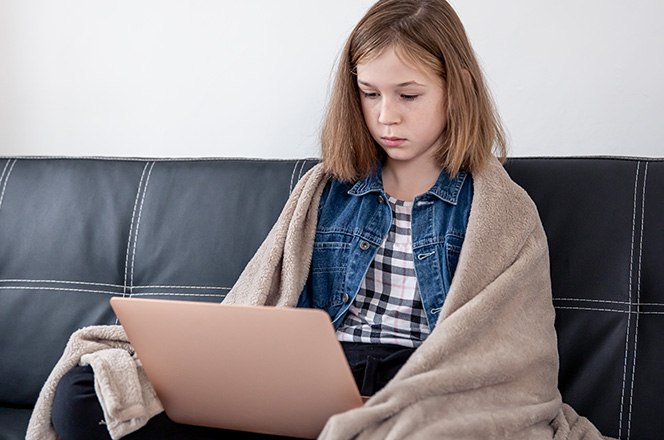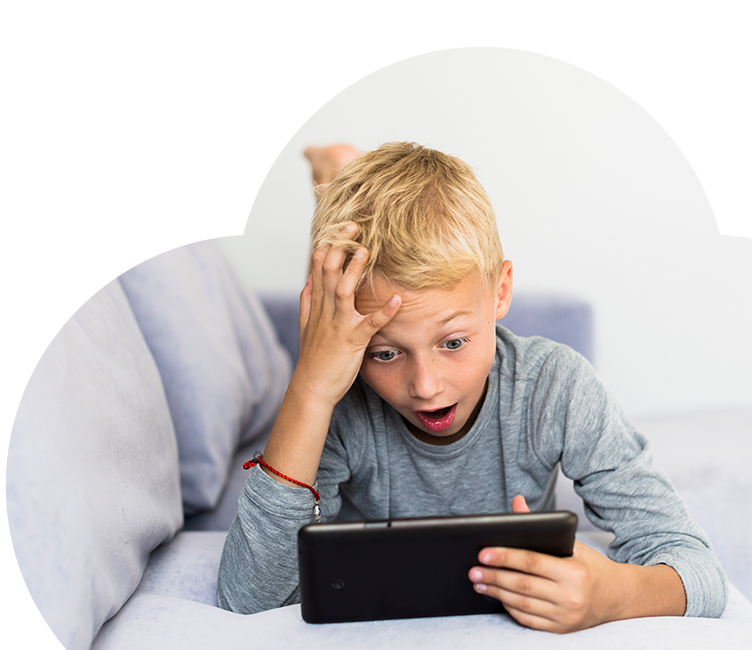Mental Health Help for Kids and Telepsychiatry Services in NYC
The pandemic was a blessing to many families that might not have otherwise known there was an issue.
Regardless of the reasons why mental health help for kids in NYC has seen an increased demand, it shows a positive change in society and that perhaps, as a whole, we are one-step closer to forgetting any stigmas that may have once been associated with mental disorders. It shows that parents are considering their child’s mental wellbeing to be just as important as the physical and are taking steps to ensure everything is as it should be.
Another benefit to arise from the pandemic for NYC kids’ mental health was the increased awareness of accessible healthcare options. Prior to the lockdowns many people were under the impression that services like telemedicine were only available to those that were infirm or had severe mobility issues.
For mental health help for kids in NYC there are telepsychiatry services such as those offered by Skypiatrist. Parents no longer need to arrange time away from work. Children won’t need to miss any more school. Travel time, and time spent in crowded waiting rooms is completely eliminated. Psychiatric evaluations, psychiatric medication management and talk therapy can be accessed through Skypiatrist’s private and secure web connection. Their HIPPA compliant video-conferencing service is available on any device that has working camera.










